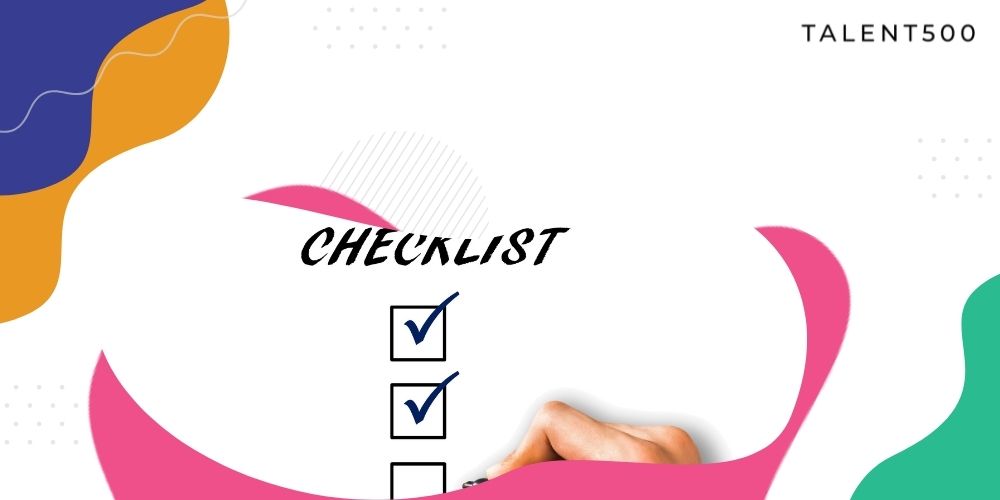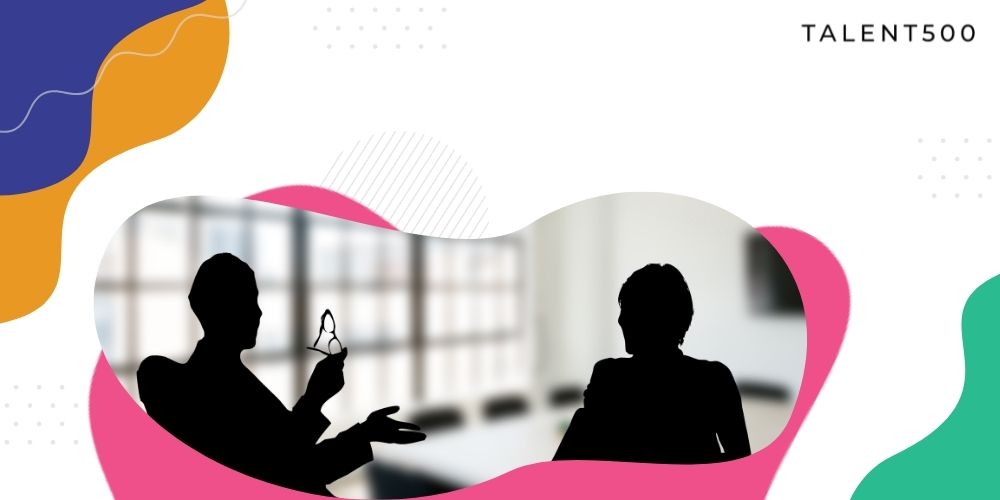An interview is generally considered to be the initial litmus test by a company for potential employees. However it could also be a valuable opportunity for the candidate to gather some essential information or to spot red flags before its too late. When you’re on the look out for a job opening, it is important to know if you’re a right fit on various fronts – how your work ethic, values and philosophy match with those of the company, the work environment, what the role entails and more.
Paying attention to the information shared by the interviewer could offer a more comprehensive picture of the company than the job description. Sometimes you could be walking into a workplace that is brimming with toxic culture, poor processes, and bad management. That’s why it’s important to look out for these red flags during the hiring process that might indicate that it’s not the best place for you.
1. You only get vague answers to direct questions
Just like you, the interviewer should be prepared to answer any queries related to the role. As someone who is expected to fulfill all the responsibilities and goals associated with the position, you’re entitled to full transparency on the relevant details. This includes accurate information on expectations for the role, procedures involved, reporting managers, benefits, etc.
If you feel like the interviewer is finding it difficult to answer your questions regarding these aspects or is being purposefully vague, this is clearly a potential red flag. Try various means to get a fairly conclusive picture of the company’s culture before you decide to join – For example, check company review sites and forums, find and talk to ex-employees on professional network sites such as LinkedIn, etc.
2. Minimal information shared on the work environment
Listen to how the interviewer addresses your questions about the work environment, such as those about the company values, working hours, etc. Do they seem nervous? Or inarticulate despite their best efforts? It is not unusual for companies to conceal a disorganized work environment and poor management by being ambiguous during the hiring process. Hence it is up to the candidate to be more vigilant and notice any inconsistencies or discrepancies during the conversation with the interviewer.
A company that has a solid grasp on its purpose and a clear plan of action will be transparent about its culture. There will be clearly defined roles and responsibilities for employees. All the important information regarding your role will be communicated fairly well. Even if the hiring manager or recruiter doesn’t have all the answers, they’ll acknowledge what they don’t know and provide you with relevant information later.
3. Poor conduct of the interviewer
A clear-cut hiring process is one of the hallmarks of a company that has its affairs in order. Much like a candidate, an interviewer who is well-prepared and focused will make the interview feel more productive and purposeful. On the other hand, a laborious interview process or an unenthusiastic interviewer might be symptomatic of a poorly managed company.
Essentially, if the interviewer does not respect your time or isn’t interested in listening to you, it is a safe bet that the company places little to no value on the hiring process. They’re just trying to fill a vacancy without considering how the individual fits into the larger picture.
4. Demands that could harm your work-life balance
A good work-life balance is essential for an individual’s long term mental and physical well-being. Organizations that respect their employees will definitely emphasize creating a work culture that helps to maintain work-life balance.
Multiple studies have shown that good work-life balance is also beneficial for the employer as it builds employee loyalty and increases productivity. However, the harrowing reality of today is that a sizable number of companies pursue their own interests without caring about the wellness of their employees. So, in this context, if the interviewer seems keenly focused on talking about company demands that violate your personal space and time, consider it a clear warning signal.
5. Lack of clarity on your job responsibilities
One of the key takeaways from an interview should be adequate details on the responsibilities tied to the job opening. This is essential information for the candidate to gauge if the role suits their skills and career aspirations. Hence, the interviewer is expected to fulfill this duty and answer any related questions that the candidate might have.
Any company that pursues quality talent will ensure that its hiring team has all the right information to proceed. Therefore if an interviewer can’t properly illustrate the job responsibilities, consider it a potential red flag and wise to look elsewhere for employment.
6. Your professional achievements and experience are downplayed
Every individual, regardless of their qualification or experience, deserves respect during an interview. However, though rare, there are unsavory incidences of interviewers belittling a candidates’ profile. This is usually done to undermine the candidate’s confidence during salary negotiation. Any organization with a hiring team that is comfortable with such conduct does not merit your talent or attention.
To sum up, a candidate is entitled to check for compatibility as much as the company. A recruiter who maintains transparency with matters related to your role, more often than not, represents a responsibly-managed company. A flippant or disinterested hiring manager might be evidence to the contrary. To be on the safe side, always do your due diligence to know more about the job opening and spot any of the aforementioned red flags before you decide to take it up.
Talent500 specializes in hiring for world class companies with proven track records. Check our website to know about exciting remote job opportunities from across the globe.



